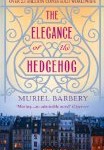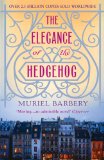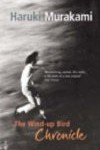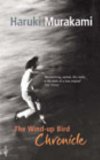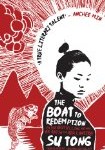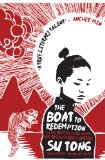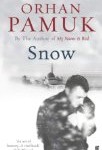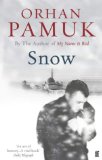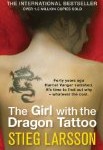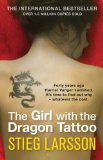Translated from the French by Alison Anderson
I had seen nothing but praise for this book in the blogging world, so was keen to find out why everyone raves about it. Unfortunately the book failed to live up to expectations, so I am going explain why I just didn’t get this book at all.
The Elegance of the Hedgehog is set in Paris and focuses on Renée, a concierge with a secret passion for culture. Living in the same apartment building is Paloma, a suicidal twelve-year-old. The outlook of both women is changed when one of their privileged neighbours dies.
The book started off very slowly, but I was prepared for that. I had seen several reviews that described the beginning as being uninspiring, but they assured me that after 100 pages I would be completely hooked. I admit that it did pick up a bit towards the end, but instead of falling in love with the characters I found myself being increasingly wound up by them. Was I the only one who found the characters very annoying? I didn’t understand why Renée needed to keep her passions hidden and found the whole idea of her pretending to watch television ridiculous.
Paloma was equally annoying. I struggle to believe that anyone, let alone a twelve-year-old girl, would come out with phrases like:
The most intelligent among them turn their malaise into a religion: oh, the despicable vacuousness of bourgeois existence!
The book was packed with profound statements, but there were so many that it felt contrived. It was as though a philosophy text book had been regurgitated and disguised as a novel.
The words were also ridiculously long and obscure – all those syllables meant that the flow of the text was continually broken up. I don’t think I have ever read a book in which I have had to use a dictionary so often, and I think I have a pretty good vocabulary – it just came across as pretentious.
The only reason I finished the book was so I could assure myself that it was the same all the way to the end. In previous years I would have given up within 20 pages, so if you find yourself agreeing with me then I recommend you save yourself a few hours and find something else to read.
This is a fantastic choice for book clubs, as it is bound to divide people, but I’m afraid that I’m on the side of those who dislike this book.
.
Please can you explain why you love this book?
Did you enjoy every single word?
